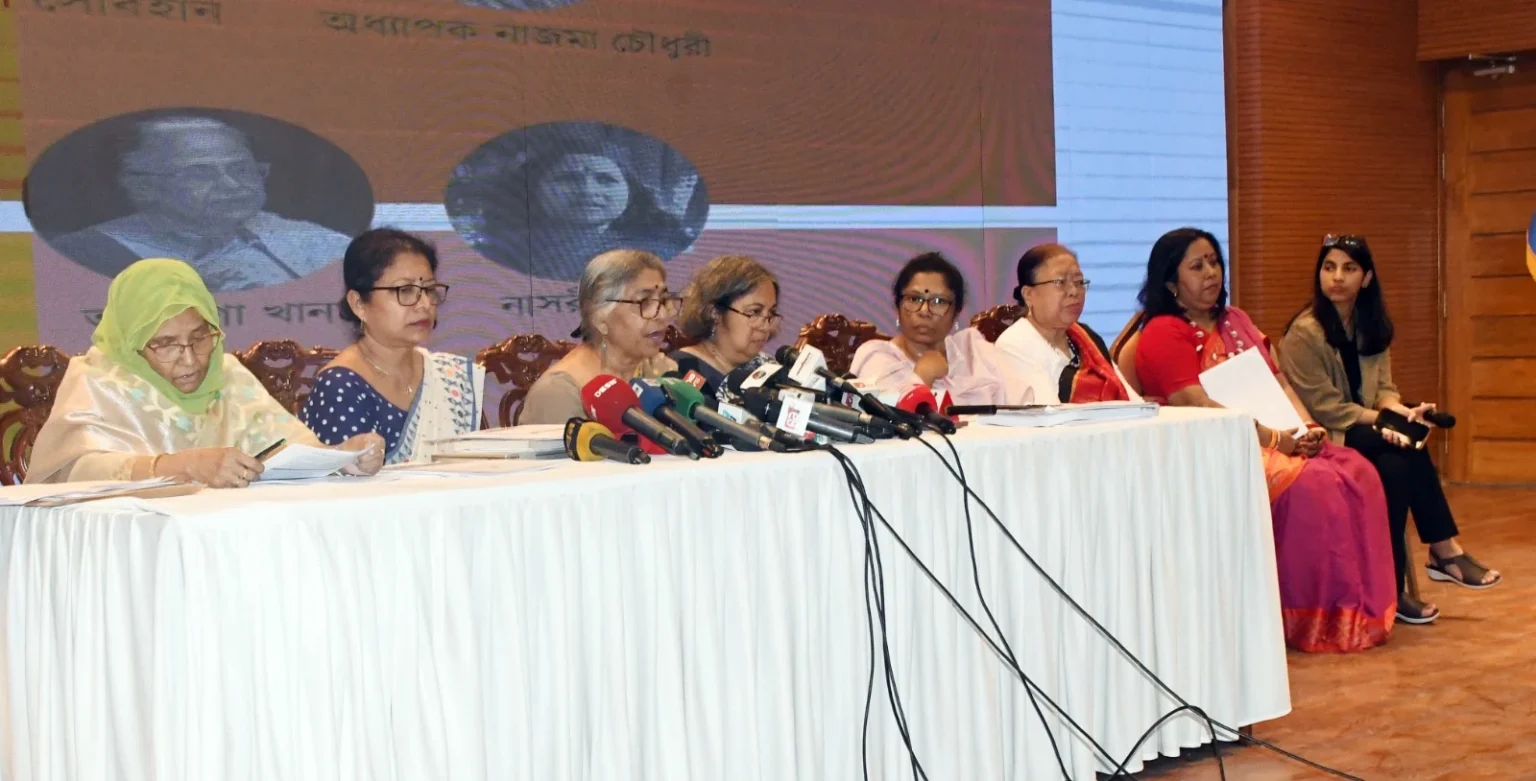The High Court on Monday rejected a writ petition challenging several recommendations of the Women’s Affairs Reform Commission, with the bench of Justice Fatema Najib and Justice Sikder Mahmudur Razi ruling the petition “premature” as the government has yet to implement the proposals.
Filed on May 4 by Supreme Court lawyer Rowshan Ali, the petition sought to halt implementation of select recommendations and demanded formation of an expert committee comprising constitutional scholars, Islamic jurists and civil-society representatives to review future religious/family law reforms.
The petition sought equal inheritance rights proposal (Chapter 11), arguing it contradicts Quranic injunctions (Surah An-Nisa), and polygamy ban recommendation, claiming it violates constitutional Article 41 protecting religious practices.
It also sought legalisation of sex work, alleging conflict with Islamic values and articles 2A/26 of the Constitution and gender identity terminology, deeming it “Sharia-inconsistent”.
“The report’s Western-influenced ‘my body, my choice’ narrative oversteps Islamic ethical boundaries,” stated the petition, emphasising its aim to protect “religious values, constitutional balance and social harmony” rather than target any group.
Formed in November 2024 under the interim government, the Commission – initially mandated until April 30 – saw its tenure extended to May 31 despite opposition. Its 318-page April 19 report to Chief Adviser Muhammad Yunus contained 433 recommendations.
Religious parties have strongly opposed the report, with Hifazat-e-Islam demanding the commission’s dissolution over inheritance/family law proposals, while Jamaat-e-Islami rejected it as “immoral” and destabilising.
The NCP criticised inadequate representation of marginalised women.


